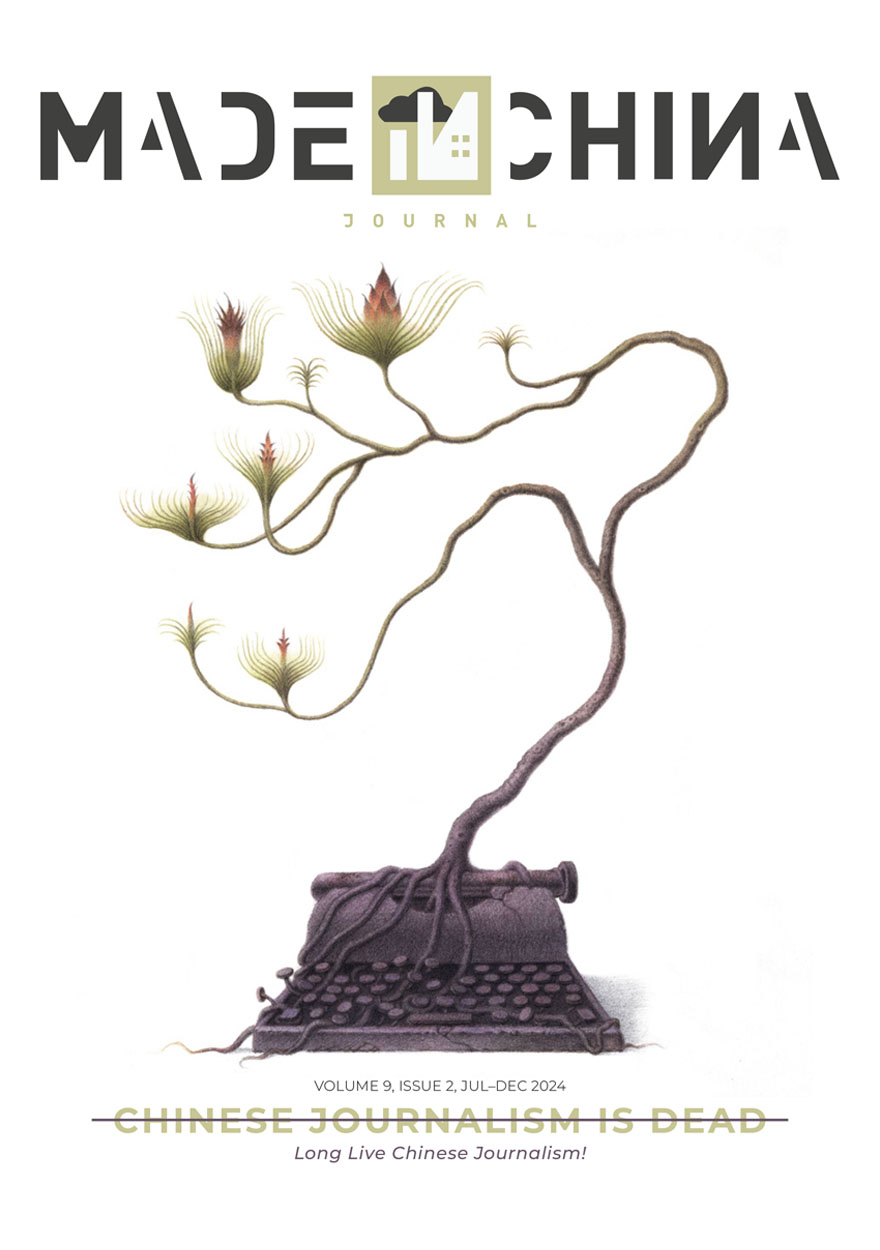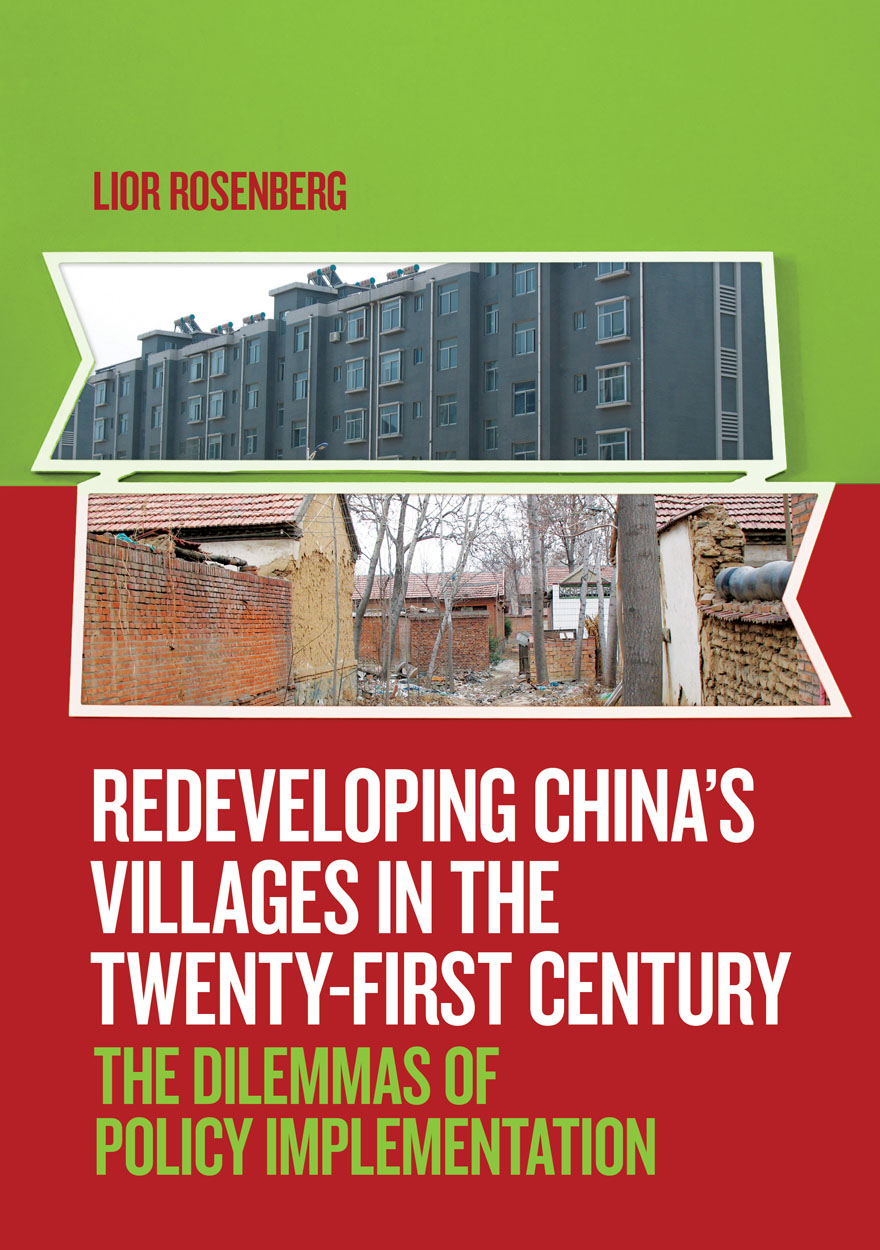Search titles
Displaying results 1 to 10 of 358.

A Quiet Revolution in Indigenous Service Delivery »
New Public Management and its Effects on First Nations Organisations
Edited by: Deirdre Howard-Wagner
Publication date: May 2025
The government Indigenous service market that is now well entrenched in the public administration system has operated to marginalise First Nations people and First Nations organisations, who have had very little say, if any, over the last 20 years, about how government services are designed to meet their needs.
The chapters in this volume comprehensively describe and illustrate how the government Indigenous market, and the Indigenous service delivery system created around that market, have failed and why system change is needed.
The book offers the expertise of individual community-controlled First Nations organisations operating in urban settings in NSW, which variously operate as social enterprises, businesses, community development organisations, social service providers, representatives and advocacy organisations.
Concentrating on the experiences of individual First Nations organisations allows us to examine the complex, layered Indigenous service system as a multi-jurisdictional phenomenon on the ground in an urban context.

Made in China Journal: Volume 9, Issue 2, 2024 »
Edited by: Ivan Franceschini, Nicholas Loubere
Publication date: May 2025
Chinese journalism is dead—long live Chinese journalism! The dramatic transformations in China’s media landscape over the past decade have led many to declare the death of quality journalism in the country. The Party-State’s tightening grip on information, the dismantling of once vibrant investigative outlets, and the growing precarity of media professionals seem to confirm this narrative. And yet, as traditional spaces for critical reporting shrink, new modes of journalistic practice continue to emerge, often in dispersed and unexpected forms. From citizen-led investigations and social media exposés to transnational collaborations, Chinese journalism has not disappeared—it has adapted. This issue of the Made in China Journal explores the shifting terrain of journalistic production in and about China, tracing the resilience, reinvention, and risks that define the profession today.

China: Regaining Growth Momentum after the Pandemic »
Edited by: Ligang Song, Yixiao Zhou
Publication date: December 2024
The slower growth of the Chinese economy in the aftermath of the pandemic has prompted the Chinese Government to adopt measures to boost domestic consumption and deepen structural reform, with the effectiveness of such policies beginning to be felt. However, China still faces challenges that will affect its growth dynamics down the track. These include the slowdown of its real estate sector, the complex internal and external environments for macroeconomic policy, the high level of income inequality, weak growth in investment by the private sector, negative population growth, high levels of debt, deglobalisation, weakness in the financial sector and equity markets, the inadequacy of its fiscal system and the imperative to decarbonise the economy. China must confront these challenges to maintain growth momentum and achieve higher levels of income and living standards.
The theme of the 2024 China Update book is China: Regaining Growth Momentum after the Pandemic. It discusses some of the challenges and policy issues that are being watched with keen interest by decision-makers and markets alike, including: What are the obstacles to economic growth in the aftermath of the pandemic and how can these be overcome? What are the key challenges and opportunities for China to move to the next level of development against the backdrop of negative population growth? Is it time for a Tax-Sharing System Reform 2.0 to consolidate China’s fiscal position? What are the challenges facing China’s small and medium enterprises? How is China’s business environment faring, and what are the implications for investment? How does China’s urban housing affordability impact its low fertility rate? How will the trade conflict between China and the United States play out regarding semiconductors and other high-tech products? How does China–Africa bilateral agricultural trade impact on African rural transformation?

Made in China Journal: Volume 9, Issue 1, 2024 »
Publication date: August 2024
A new Chinese government textbook for university students, An Introduction to the Community of the Zhonghua Race (中华民族共同体概论), promotes President Xi Jinping's vision for governing the country’s diverse population. This approach shifts away from celebrating cultural differences—what the anthropologist Susan McCarthy once termed ‘communist multiculturalism’—and towards a Han-dominant identity, a form of racial nationalism inspired by sociologist Fei Xiaotong’s concept of ‘multiple origins, single body’ (多元一体). While the constitution of the People’s Republic of China as amended in 2018 guarantees minority rights and political autonomy through the framework of ‘minority nationalities’ (少数民族), the textbook suggests that Tibetan, Uyghur, Mongols, and other Indigenous groups should eventually assimilate into Han culture, raising concerns about the future of minority languages and traditions. Xi Jinping's new approach to national unity faced significant resistance from both minority and Han officials. Yet, this resistance only prompted an even more muscular response: revamping government departments, a harsh crackdown in minority-populated areas, and removing minority officials who oversaw ethnic affairs. In this issue of the Made in China journal, we ask contributors to reflect on the state of ethnic minority culture in the wake of Xi’s new ethno-nationalist order and explore what remains of cultural differences at the end of dreams of communist pluralism and ethnic autonomy.

After Neoliberalism »
Authored by: John Quiggin
Publication date: July 2024
Since the early 1980s, Australian economic policy has been dominated by the ideology of neoliberalism (also known as ‘economic rationalism’), including policies of privatisation, financial deregulation and micro-economic reform. Throughout this period, John Quiggin has presented critical assessments of neoliberal policies and the claims about productivity growth made in support of those policies.
The credibility of neoliberalism was fatally wounded by the Global Financial Crisis and its aftermath. Nevertheless, market ideology has lumbered on in zombie form, for want of a clear alternative. It is only recently that we have begun to reverse the failed policies of privatisation and deregulation and to consider radical alternatives such as a shift to a four-day week.
This book provides a historical perspective in the form of a series of articles written from the mid-1980s to the present day. It concludes with some suggestions for the way forward, after neoliberalism.
‘John Quiggin is the intellectual equivalent of a dazzling fireworks display. I walk away from every encounter with a bright new insight, and this book is no exception. Agree or disagree, Professor Quiggin is a veritable trove of fresh insights. Spanning nearly four decades, this volume brings together some of Professor Quiggin’s most provocative contributions, driven by a deep commitment to equity. It will pique your curiosity and encourage you to work towards a better world.’
—Andrew Leigh, Parliamentarian and author of The Shortest History of Economics

A Team of Five Million? »
The 2020 ‘Covid-19’ New Zealand General Election
Publication date: June 2024
New Zealand was one of a handful of countries that held a national election in the midst of the Covid-19 pandemic. Its policy response stood out as remarkably successful. Indeed, several years on from the onset of the crisis, in 2023 New Zealand still retained a record of no excess deaths. While New Zealanders were voting on October 17, 2020, their country had only recorded 25 confirmed deaths out of a population of five million. Then, support for the government’s crisis management was at its height. Labour, the leading party in the incumbent coalition government, secured a historic election victory. Prime Minister Jacinda Ardern had taken up the metaphor of the New Zealand people as ‘a team of five million’ facing the Covid-19 threat together. This book seeks to explain the success of the government’s strategy through an analysis of the election campaign and outcome. The authors also address the limits of this approach and the extent to which some voters felt alienated rather than connected with the ‘team’. The election outcome was a big short-term swing of the electoral pendulum. It did not generate a reset of the party system. Three years on, as the 2023 election loomed into sight, the party system looked much as it did prior to the pandemic, and Labour’s success in 2020 was about to be dramatically reversed.

Political and Social Control in China »
The Consolidation of Single-Party Rule
Edited by: Ben Hillman, Chien-wen Kou
Publication date: March 2024
During the past decade Xi Jinping has reasserted the Chinese Communist Party’s dominance of state and society, tightening political and social controls to consolidate the Party’s monopoly on political power in China. This volume brings leading China experts together to examine the changing mechanics of authoritarian rule in China, and the Party’s systematic efforts to neutralise potential threats. The book examines critical but little understood changes to the architecture of state, which enables more effective top-down rule and the efficient operation of an increasingly professional bureaucracy. It also explores the policies and mechanisms the Party has used to squash dissent and prevent criticisms. This volume will be of interest to anyone who wants to understand how the CCP has consolidated its rule at home and how it relates to the Party’s global ambitions for China’s great national rejuvenation.

Australian Urban Policy »
Prospects and Pathways
Publication date: March 2024
Urban Australia confronts numerous challenges in the 21st century: climate change, housing, transport, greenspace, social inequality, and governance, among them. While state and local governments wrestle with these issues, they are continent wide and require national leadership, direction and participation. As a highly urbanised country without a national approach to urban policy, Australia is an outlier.
Contributors to this book argue that this policy gap needs to be addressed. They ask: How have productive, sustainable and liveable cities so far been enhanced? Where have aspirations fallen short or produced negative outcomes? And what approaches are emerging to challenge existing and devise new urban policy settings?
In the face of ongoing crises and escalating change, the need for policy to quickly transform urban Australia is daunting. Problems, wicked in their complexity, require innovative, ethical solutions. This book offers new ideas that challenge policy orthodoxy.

Redeveloping China’s Villages in the Twenty-First Century »
The Dilemmas of Policy Implementation
Authored by: Lior Rosenberg
Publication date: January 2024
Implementing national policies is a crucial function of the local Chinese bureaucracy and an indispensable part of Beijing’s overall state capacity. Yet the specifics of how and why local officials interpret and implement such policies have so far escaped detailed attention. In Redeveloping China’s Villages in the Twenty-First Century, Lior Rosenberg fills this gap by examining the national Village Redevelopment Program, one of China’s most significant policies of recent decades to promote rural change.
Based on Rosenberg’s on-site research, Redeveloping China’s Villages in the Twenty-First Century investigates the Village Redevelopment Program’s implementation in both the industrialised county of Chenggu, in Shandong province, and the predominantly agricultural county of Beian, in Anhui province. At the book’s heart is a puzzle: the program was supposed to prioritise poorer villages, but in both Chenggu and Beian—despite being carried out in surprisingly divergent ways—it has subsidised improved infrastructure and services in already industrialised and prosperous villages, while leaving behind poorer ones. In explaining this outcome, Rosenberg elaborates on the larger economic, political and social environment in which Chinese local officials operate, as well as the pressures they face from above. He analyses the dual role played by higher-level authorities, as both policy enablers and thwarters in a system that sanctifies commandism but where the distinction between principals and agents is blurred.

Made in China Journal: Volume 8, Issue 1, 2023 »
Edited by: Ivan Franceschini, Nicholas Loubere
Publication date: November 2023
The year 2023 began with a series of jolts in China, as the government abruptly rolled back its notoriously strict pandemic measures following countrywide protests in late 2022. While external popular perceptions saw China as being uniformly locked down for the first years of the pandemic, the reality was that the country’s pandemic governance was unevenly applied and varied substantially from place to place. The result was mixed—and often even contradictory—attempts to control the spread of SARS-CoV-2, with vastly differentiated experiences on the ground. While heterogeneous and fragmented governance in China is nothing new—and indeed is the basis of how most scholars understand policy implementation in the country—the pandemic nevertheless produced patterns of governance that were at times surprising, while also reinforcing previous trends. This issue of the Made in China Journal examines patterns of pandemic governance and the subjectivities associated with living through lockdown and the ever-present possibility of quarantine.



